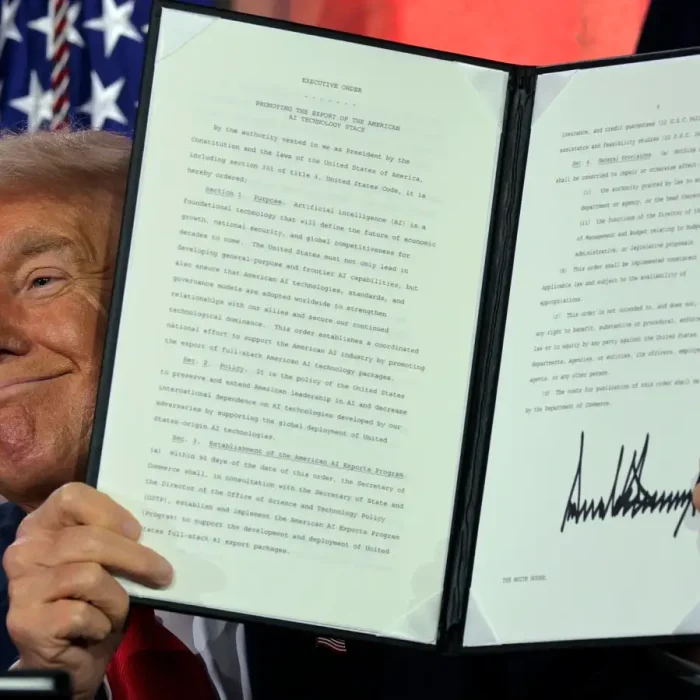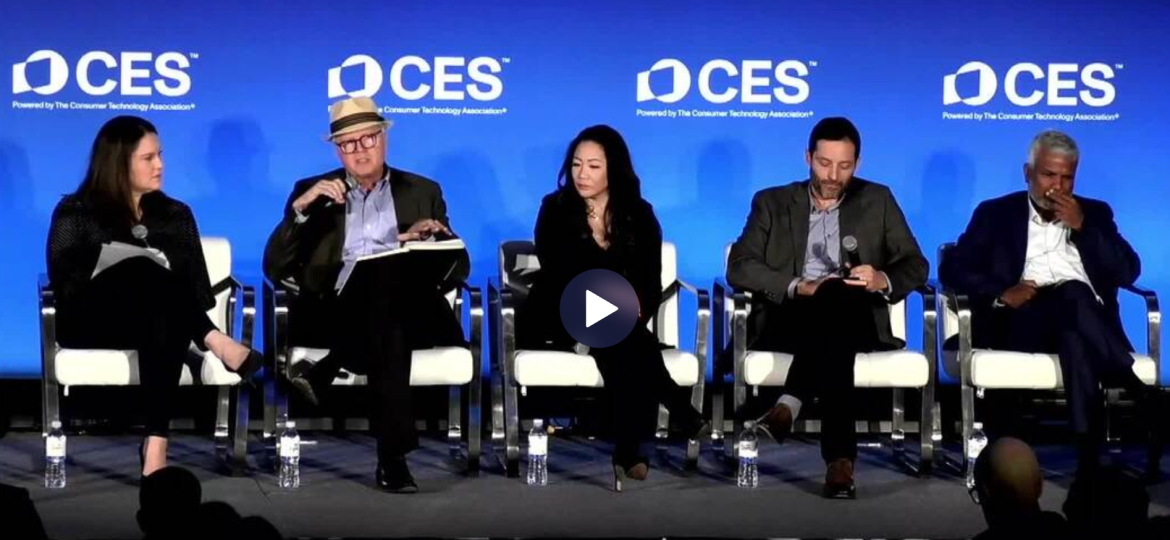U.S. Government Ramps Up Support for Quantum Computing with New Initiatives
In the last few days, the U.S. government has significantly ramped up its focus on quantum computing, with key developments underscoring a stronger commitment to advancing this game-changing technology. The Chamber of Commerce meeting recently highlighted the urgent need for faster action on quantum technology commercialization, cybersecurity preparation, and workforce development to maintain national competitiveness. DARPA announced more aggressive plans with the Quantum Benchmarking Initiative, inviting many public and private companies, in hopes to accelerate a fault-tolerant quantum computer. The message is clear: the U.S. is putting quantum computing at the forefront of its national agenda. These efforts signal a major shift toward not only funding but also creating actionable pathways for harnessing the potential of quantum computing.
I cannot overstate the importance of maintaining the U.S. competitive advantage in quantum capacities. The global leader in commercial and military quantum applications will have an economic and strategic advantage not seen since the United States ushered in the nuclear age…
– Representative Frank Lucas, Chairman, Committee on
Science, Space, and Technology, U.S. House of Representatives
Chamber of Commerce: A New Era for Quantum Computing
At the Chamber of Commerce, business and government leaders came together to address the role of quantum computing in economic competitiveness. The U.S. Chamber of Commerce’s Technology Engagement Center (C_TEC) released a report stressing that quantum technology is poised to reshape computing, communications, and national defense. The report also warns that the U.S. must act faster to secure its lead in these fields. The report calls on the federal government to urgently address six key areas: speeding up commercialization, securing against quantum-enabled cyber threats, expanding international partnerships, boosting R&D investment, ensuring supply chain resilience, and developing a workforce prepared for the quantum future.
Speakers at the event emphasized that quantum computing is no longer just an academic or theoretical pursuit, but a critical component of future economic growth. By fostering public-private collaborations and increasing investments, the government is moving to ensure that U.S. industries will not only adopt quantum technologies but lead their development on a global scale.
Quantum computers have vast untapped potential for both good and evil, which is why it’s so important that we stay ahead of our adversaries on these technologies
— Representative Frank Lucas
DARPA’s Quantum Benchmarking Initiative: Setting the Standard
Another key development came from DARPA, which launched its quantum benchmarking initiative. This program aims to establish standardized metrics for evaluating quantum computers, ensuring transparency and reliability in the emerging field. By setting these benchmarks, DARPA hopes to address one of quantum computing’s major challenges: the lack of consistent metrics to compare the computational power of different quantum systems. This move will allow the government to focus investments on projects with the highest potential for real-world application, ensuring that quantum systems can perform reliably at scale.
“Our team is eager to scrutinize the commercial concepts, designs, R&D plans, and prototype hardware — all with the goal of helping the U.S. government identify and support efforts that are genuinely advancing toward transformative, fault-tolerant quantum computing.”
— Joe Altepeter, DARPA
A Broader Pattern of Government Action
These recent initiatives are part of a broader pattern of government action in the quantum space. Over the past few years, there has been a steady increase in funding, policy development, and collaboration with both academic institutions and private sectors. The National Quantum Initiative (NQI) continues to provide resources to quantum startups and forge partnerships with universities, while the Department of Energy has significantly ramped up its quantum research funding. With the White House placing quantum technology alongside other cutting-edge innovations like AI and space exploration, the government is clearly positioning quantum computing as a critical national priority.
Why This Matters: Quantum’s Strategic Importance
The U.S. government’s increased focus on quantum computing is motivated by its vast potential to revolutionize industries and national security. Quantum computers promise to solve complex problems much faster than classical systems, opening the door to innovations that were previously thought impossible.
Quantum computing will transform several industries, including climate science, drug discovery, and national defense. Quantum simulations could dramatically improve our understanding of materials science and enable the design of better materials and more effective drugs.
For national security, quantum computing could usher in breakthroughs in cryptography and intelligence. With quantum decryption, today’s encryption methods could soon become vulnerable, making cybersecurity a pressing concern. The report highlights that malicious actors—and even nation-state hackers—may already be collecting encrypted data with plans to decrypt it once quantum technology becomes viable. This looming threat underscores the urgent need for quantum-resistant encryption and proactive cybersecurity strategies.
In addition to its practical applications, quantum computing is viewed as a strategic domain for maintaining global economic and technological leadership. Just as the U.S. once led in space exploration and nuclear technology, quantum computing is now the next frontier in global competition. The country that masters quantum technology will likely have a decisive edge in both technological innovation and economic power.
Conclusion: Momentum is Building
The U.S. government’s renewed commitment to quantum computing is shifting the conversation from speculative discussions to concrete action. With initiatives like DARPA’s benchmarking program and the Chamber of Commerce’s focus on economic competitiveness, the U.S. is positioning itself to lead the quantum revolution. The growing momentum suggests that quantum technologies will soon transition from the lab to real-world applications, driving innovation across industries, securing critical infrastructure, and shaping the future of global technology.
In the coming years, as funding increases and research accelerates, quantum computing will likely become a cornerstone of the U.S. technological and economic landscape. With its immense potential for transformation, the future of quantum technology is no longer uncertain—it’s becoming a central element of the nation’s strategic vision.










